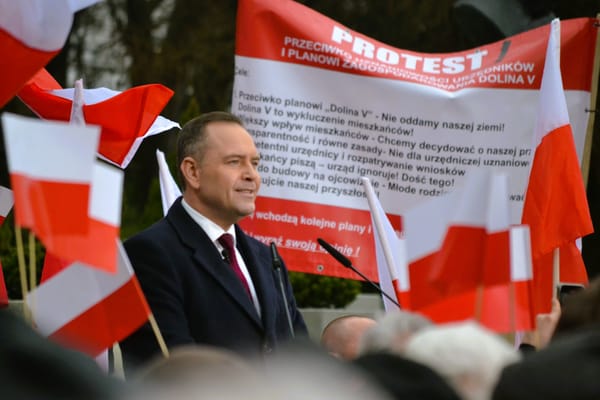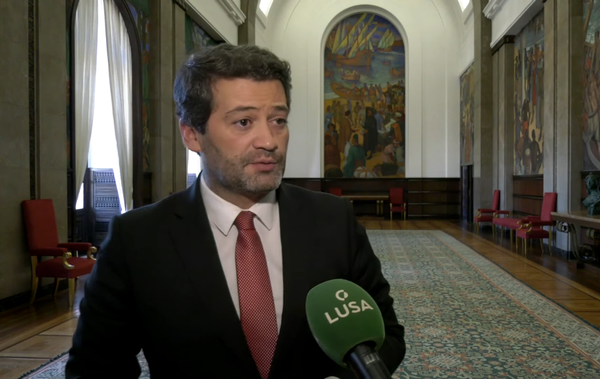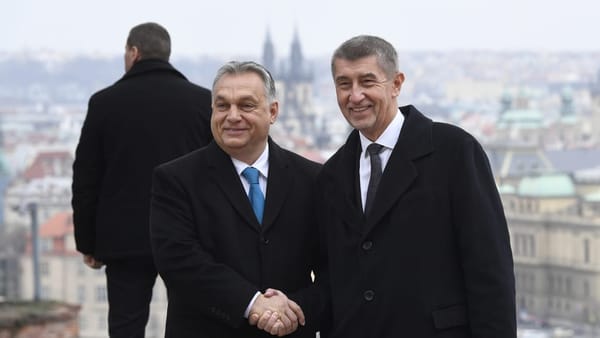Fico again blocks EU sanctions on Russia — demands concessions for Slovakia
Slovak Prime Minister Robert Fico has once again wielded his veto against a new EU sanctions package targeting Russia — this time with an added twist: he is demanding fresh concessions from Brussels in return for support.

Despite lengthy negotiations and technical fine-tuning of the proposal — which includes sanctions on Russian LNG, oil infrastructure, “shadow fleet” operations, cryptocurrency platforms, and diplomatic movement — Slovakia confirmed Wednesday that it will block the measure.
Fico, in a phone call with European Council President António Costa, expressed “astonishment” that the upcoming EU summit would focus heavily on Ukraine without addressing Slovakia’s economic pressures. He insisted that energy prices and the automotive industry’s competitiveness must be given real political weight, not mere symbolic language.
“I refuse to let serious issues be ‘handled’ in the conclusions with general phrases, while detailed decisions and positions are devoted to aid for Ukraine,” he said.
Fico has signaled he will present “substantially more concrete proposals” at the summit scheduled later this month.
A strategy of veto and leverage
This isn’t the first time Fico has used his veto to extract concessions. In a previous round, Slovakia withdrew its opposition only after receiving assurances from Brussels regarding the timeline for phasing out Russian fossil fuels — including permission for state aid to ease the burden of high energy costs.
Now, he is doubling down. Fico’s broader demand includes pushing back against EU mandates seen as undermining Slovakia’s industrial base — especially the auto sector, which faces drastic regulation under planned climate and environmental rules.
Slovakia — like Hungary — remains heavily dependent on Russian energy and has consistently opposed aggressive decoupling from Moscow.
What’s at stake for Europe
Fico’s latest veto highlights a deepening divide within the European Union over how far sanctions policy should go and who bears the cost. His stance reflects broader tensions between national sovereignty and the EU’s centralized decision-making, as several member states grow wary of Brussels imposing uniform measures without accounting for local economic realities.
Economically, Fico argues that energy security and industrial stability — particularly in sectors like automotive manufacturing — must take precedence over symbolic gestures. Slovakia, like other Central European economies, remains highly exposed to rising energy prices and supply disruptions.
Diplomatically, the standoff could test solidarity within the EU’s eastern flank. If Slovakia’s concerns are dismissed, other governments balancing between domestic pressures and EU unity — notably Hungary and potentially Bulgaria — may adopt a similar hard line in upcoming negotiations.
Fico’s tactic may frustrate those who demand firmer EU unity against Russia. But from a sovereigntist perspective, it reasserts the principle that nations, not bureaucracies, should decide their fate.





